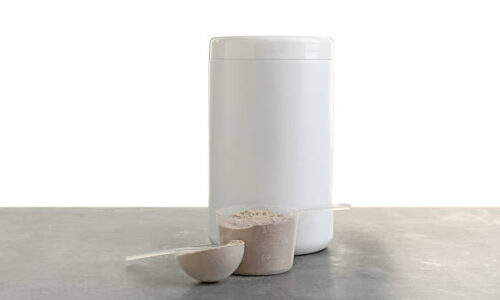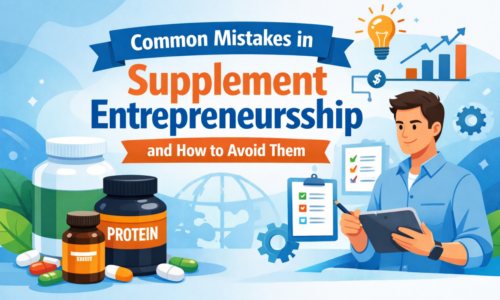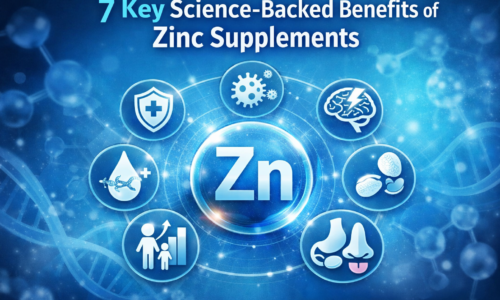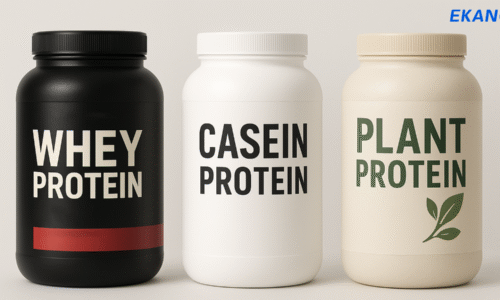When building your own supplement brand, selecting the ideal dosage form is more than a preference—it’s a strategic decision. Capsules, tablets, and powders each impact production costs, market positioning, and consumer experience. Understanding their advantages and limitations ensures your product meets both business and user expectations.
Capsules: High Bioavailability and Premium Positioning
Capsules are one of the most preferred supplement forms for modern brands. By encapsulating functional ingredients in a protective shell, capsules ensure easier consumption, superior taste masking, and higher bioavailability—especially for sensitive vitamins, probiotics, and herbal extracts.
Types of Capsules: Hard vs Soft
- Hard Capsules: The classic two-piece capsules that are almost always filled with dry powders or granules.
- Soft Capsules: Sealed one-piece capsules that are typically filled with oils (like fish oil or vitamin E) or liquid formulations. They have a soft, flexible gel-like texture.

Six Reasons to Choose Capsules
1. Higher Bioavailability: Capsules shield ingredients from light, oxygen, and moisture. They dissolve quickly for fast absorption—ideal for acid-sensitive actives like probiotics.
2. Superior Taste-Masking: For ingredients with a bitter or unpleasant taste (such as curcumin and herbal extracts), capsules are the most effective solution, significantly enhancing the consumer experience.
3. Flexible Formulation: Supplement contract manufacturers can flexibly mix powders of different ingredients into the same capsule, enabling the production of complex formulations. Softgels can also be used for liquid and oily ingredients.
4. Clean Label Appeal: Plant-based capsules (HPMC) are popular in clean label and vegan markets. Many premium brands choose plant-based capsules for premium supplements to meet consumer demand for sustainability, transparency, and vegan certification.
5. Faster Market Access: Simpler formulations with fewer excipients speed up development and regulatory approval vs. tablets.
6. Dose Uniformity: Precision filling ensures even ingredient distribution per serving.
Considerations and Limitations
- Cost: Typically more expensive than tableting (involving the capsule shell and filling process).
- Capacity Limitations: The filling capacity of a single capsule is limited, which may require consumers to take multiple capsules for ingredients requiring high doses.
Tablets: Cost-Effective and Scalable
Tablets remain the most affordable supplement manufacturing option for mass-market products. With strong stability and customizable shapes, tablet manufacturing supports scalable production and brand recognition.
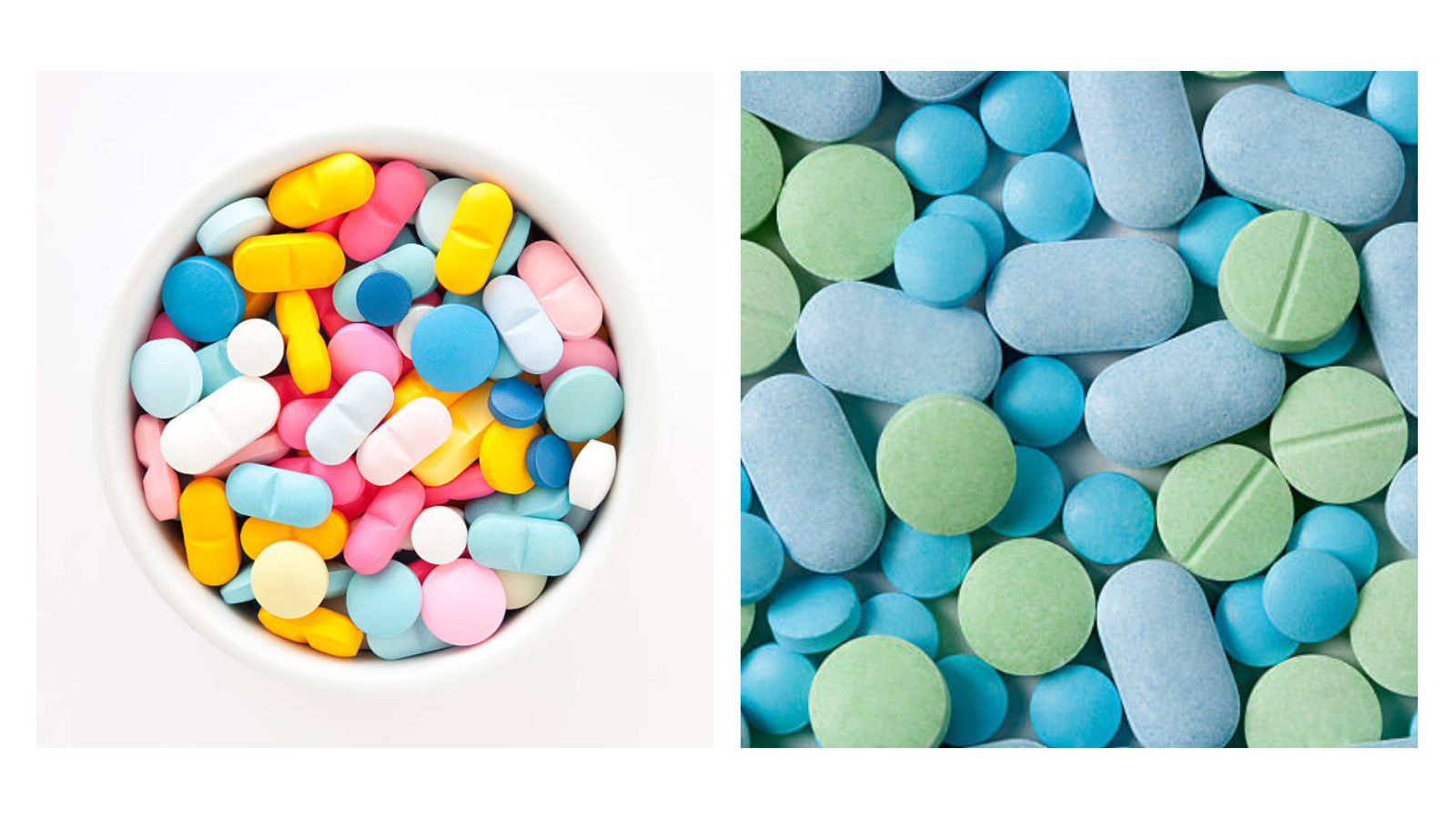
Five Key Advantages of Tablets
1. Low Production Cost: For large-scale production, tablet compression is one of the fastest and lowest-cost processes, resulting in high profit margins.
2. High Dose Capacity: Can accommodate larger doses of ingredients, making them suitable for minerals that require high supplementation, such as calcium and magnesium.
3. Versatile Formats: Chewable, instant dissolve, and sustained-release options.
4. Strong Brand Identity: Tablets can be customized in various shapes and sizes and engraved with your brand logo, ensuring high brand recognition.
5. Excellent Stability: Compacted tablets are resistant to breakage, have a long shelf life, and are easy to package, transport, and store.
Limitations of Tablets:
- Additives Required: The tableting process often requires the addition of excipients such as binders, lubricants, and disintegrants to ensure smooth manufacturing and effective disintegration in the body. This can be a challenge for brands pursuing “minimalist” formulations.
- Digestive Issues: Some consumers find tablets more difficult to swallow or slower to dissolve in the stomach (although film coating can improve this).
- Poor Taste Masking: While taste masking can be achieved through coating (sugar coating or film coating), it is generally less effective than with capsules.
Powders: Ultimate Flexibility and Fast Absorption
Powder supplements, especially sports nutrition powders, are perfect for high-dose supplement forms and flexible formulations. Athletes and fitness enthusiasts prefer them for shakes and smoothies, ensuring rapid absorption.
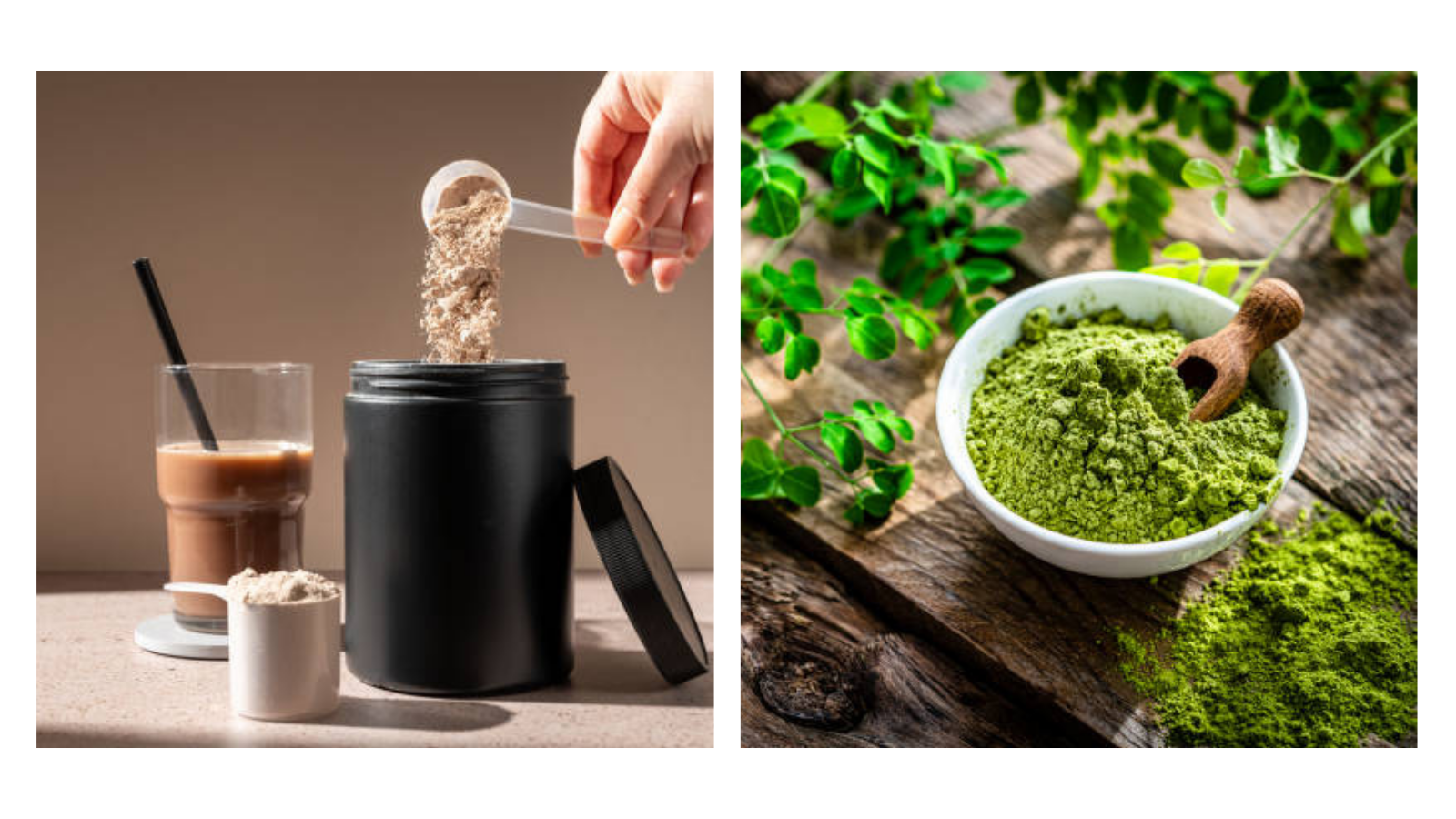
Four Processing Advantages of Powders
1. Maximum Formulation Flexibility: You can combine ingredients to create complex blends without restriction. Adding flavorings and sweeteners is also easier, creating a superior taste.
2. Highest Bioavailability: Powders are rapidly absorbed without breaking down in the body. This makes them ideal for sports nutrition (protein powders, creatine) and fast-acting products (such as electrolyte hydration drinks).
3. Ideal Carrier for High-Dose Ingredients: For products requiring multiple grams per dose (such as collagen peptides and meal replacement powders), powders are the most practical and economical option.
4. Lifestyle-Friendly: Easily incorporated into shakes, smoothies, and beverages, they are a favorite among fitness enthusiasts, busy professionals, and the younger generation.
Limitations
- Lack of portability: Requires additional containers and preparation conditions, making it less convenient than tablets and capsules.
- Moisture sensitivity: Susceptible to moisture, caking, and loss of effectiveness, requiring high packaging and sealing requirements.
- Unstable user experience: Variations in solubility and taste can affect consumer satisfaction.
- High packaging and logistics costs: The powder is typically bulky, increasing storage and transportation burdens.
Choosing the Right Supplement Dosage Form: A Strategic Guide
1.Understand Your Target Audience
- Athletes and Fitness Enthusiasts: For sports nutrition, the best supplement form for athletes is often powders (e.g., protein powder, BCAAs), since they support higher doses, faster absorption, and convenient mixing with shakes and smoothies.
- Middle-aged & Elderly: They often have difficulty swallowing, so smaller tablets, capsules, or effervescent tablets are more suitable, improving convenience and safety.
- Mass Market: Traditional tablets are widely accepted, cost-effective, and stable, making them ideal for everyday foundational nutrition products.
2.Match the Dosage Form to Your Active Ingredients
- Ingredients that oxidize easily or are sensitive to moisture: Capsules provide better protection for the active compounds.
- Ingredients that require a large dose: Powders are the best choice due to their high carrying capacity.
- Ingredients requiring precise dosing or sustained release: Tablets are more suitable for stable doses and can be formulated for extended release.
3.Align with Your Brand Positioning and Market Trends
- Premium Product Line: Capsules have an elegant appearance and offer a superior user experience, making it easier to convey a high-quality brand image.
- Mass-Market/Value Positioning: Tablets are cost-effective and easy to mass-produce, making them suitable for high-volume products.
- Functional/Sports Nutrition: Powders are easy to flavor and mix, accommodating consumers’ personalized consumption habits.
4.Key Questions to Ask Your Supplement Contract Manufacturer
- What specific impact do different dosage forms have on formula stability?
- What are the Minimum Order Quantities (MOQs) and cost structures for each dosage form?
- Are there existing mature solutions (e.g., sustained-release tablets, enteric-coated capsules, softgels) that can reduce development risks?
- What are your recommendations for packaging materials and shelf life for the chosen dosage form?
2025 Trends in Supplement Dosage Forms
Based on the latest industry reports, the supplement dosage form market is undergoing a wave of innovation. Innovative forms such as micro-effervescent tablets (135.8% growth) and bursting beads (778.9% growth) are reshaping the market landscape. These new technologies offer an unprecedented user experience and are particularly well-suited for high-end brands seeking a competitive edge through differentiation.
The liquid supplement market is also experiencing rapid growth (12.2% annual increase), reflecting consumer preference for convenient and highly bioavailable products.
Quick Reference Table: Capsules vs Tablets vs Powders
| Feature | Capsules | Tablets | Powders |
| Production Cost | Medium | Low | Medium |
| Bioavailability | High | Medium | Very High |
| Taste Masking | Excellent | Good | Variable (requires flavoring) |
| Formulation Flexibility | Medium | Low | Very High |
| Convenience | High | High | Medium |
| Ideal For | Oils, sensitive ingredients, premium products | Large-scale production, high-dose minerals, classic products | Sports nutrition, high-dose ingredients, mixable beverages |
Ready to Bring Your Vision to Life?
Choosing the right dosage form is crucial to building a high-quality supplement brand. As a professional contract manufacturer of nutritional supplements, Ekang Nutra Inc. provides comprehensive guidance from formulation design to market launch, ensuring your product balances taste, stability, and brand image. Contact us today for a free formulation consultation and personalized solutions!





